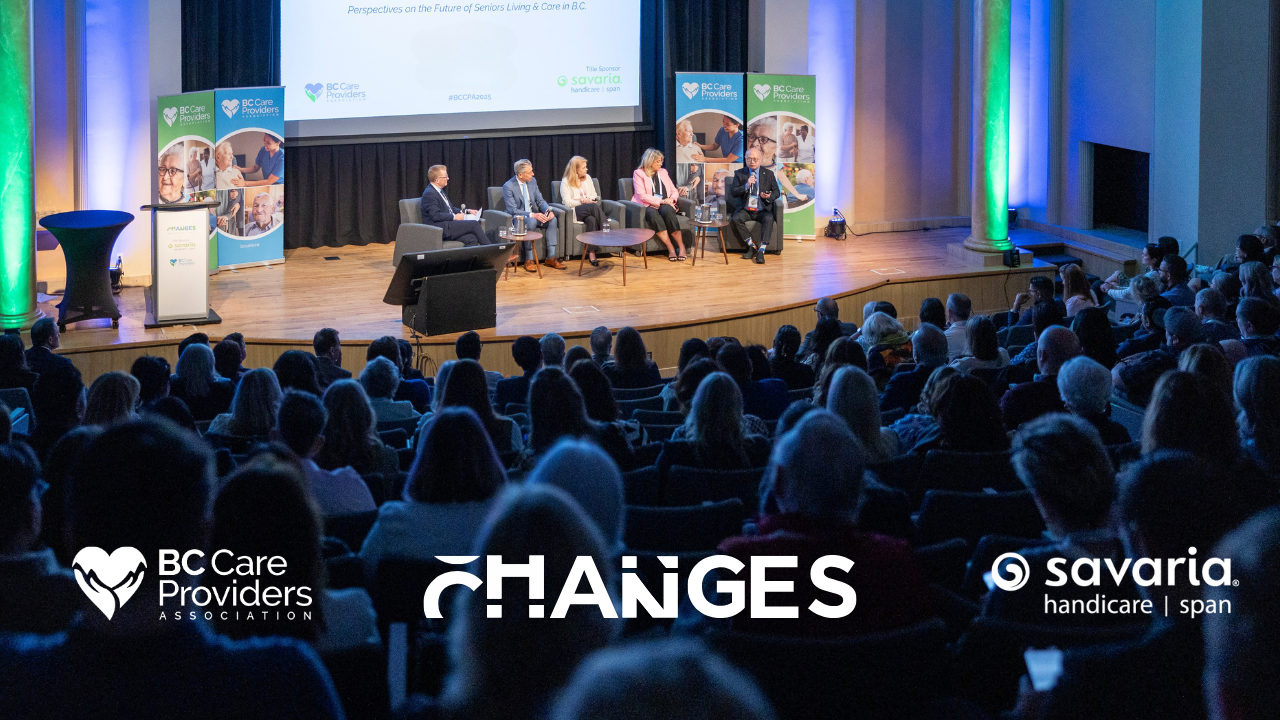*Updated March 21, 2014
On March 7, 2014, Consumer Protection BC issued a notice regarding the proper authorization funeral providers require from the person(s) who have the right to control the disposition of the human remains.
To help ensure the procedures are workable for our members, we arranged a teleconference with Consumer Protection BC (CPBC) and the BC Funeral Association. We have also been communicating with the Office of the Public Guardian and Trustee of BC (PGT).
The teleconference was held on March 17, 2014. CPBC reiterated its position that, in the Cremation, Interment and Funeral Services Act (the Act), the definition of “funeral services” includes pick-up and/or transferring human remains. In particular, CPBC pointed to part (a) of the definition: “arrangements and services related to the interment or cremation of human remains.”
As there is some disagreement with this interpretation, we are looking at other jurisdictions’ legislation and we’ve put in calls to other provinces’ authorities that regulate funeral providers.
During the teleconference, we also discussed s. 5(1)(k) of the Act, which refers to “an adult person having a personal or kinship relationship with the deceased.” Contrary to some funeral providers’ memos being circulated to our members, CPBC acknowledged that a care home’s registered nurse, for example, could qualify in some circumstances as having a “personal or kinship relationship” with the deceased resident. However, the issue has subsequently been raised that nurses, and other regulated health care professionals, conduct their work within the boundaries of a professional and therapeutic relationship with clients, and thus, may not fit within s. 5(1)(k). We will be looking into this issue further, and contacting the College of Registered Nurses of B.C. for their input.
If the funeral provider exercised due diligence by first trying to contact the individuals in order of priority in subsections (a) through (j), the funeral provider might be able to accept authorization from the nurse. We hope to collaborate with CPBC and the BC Funeral Association to provide some clarity around what is reasonable due diligence in these situations.
In the absence of clarity regarding reasonable due diligence, we expressed concern that in some cases, if authorization cannot be obtained, care homes have no place to store the remains. CPBC emphasized that it is the funeral provider’s, not the care home’s, obligation to contact the individual(s) set out in section 5 and thus, it is a funeral provider issue. However, we reiterated that, at the end of the day, if the body cannot be picked-up, it is a care home issue.
CPBC suggested that in those cases, a care home could have the body transported to a hospital or the Coroner. We expressed concern that such an alternative is unreasonable, as families would likely be upset if their deceased loved ones were transferred to a hospital or the Coroner. We have subsequently learned that the Coroner’s office may (understandably) refuse to act in these types of scenarios. We will be reaching out to the Coroner’s office to express our shared position that they are not the optimal solution in these cases.
In addition to our continued advocacy on these points, we are also working with the PGT to address situations when it may be the authorized representative, but the death occurs outside PGT business hours or if they are unable to promptly return the call.
Lastly, CPBC reiterated that s. 15 of the Act prohibits commission and bonuses. For your reference, s. 15 is reproduced at the end of this article.
We will continue to keep our members apprised of our work on this issue, including pre-planned funeral services documented in admission agreements, in the context of encouraging advance care planning, yet operating under a law which states that the right to control disposition does not arise until after death.
If you have any comments or questions, please contact Heather Campbell, Director of Policy & Research, at (604) 736.4233 ext. 228 or hcampbell@bccare.ca.
***
Prohibition of commission or bonus
15 (1) In this section, “provider” means
(a) an operator,
(b) a funeral provider,
(c) a memorial dealer,
(d) a society established for the purpose of making available funeral services or cemetery services or both to its members, or
(e) an insurer who enters into contracts of life insurance under Part 3 of the Insurance Act.
(2) Subject to subsection (3), a provider acting in his or her professional capacity or a person acting for the purpose of aiding a provider in obtaining business must not pay or offer to pay, directly or indirectly, a commission, bonus, rebate or other valuable consideration for a person doing any of the following:
(a) recommending that human remains be, or causing human remains to be,
(i) directed to a particular funeral provider, or
(ii) disposed of at a particular cemetery, mausoleum or crematorium;
(b) providing information respecting
(i) residents of a community care facility as defined in the Community Care Facility Act, or
(ii) patients of a hospital regulated by the Hospital Act.
(3) Subsection (2) (a) does not prohibit or restrict
(a) the use of sales literature or other advertising media, or
(b) the ordinary business relationships between providers.




